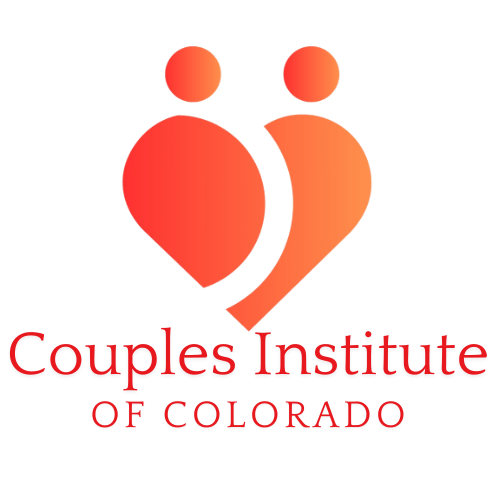Why Does Conflict Occur in Relationships—and How Can We Resolve It?
Conflict is a natural part of any relationship. Even the most loving couples experience tension, miscommunication, and emotional distance from time to time. But why does conflict happen—and what can we do to move through it in a healthy way?
Using the lens of Choice Theory we begin to understand that relationship struggles aren’t just about “right” or “wrong.” They’re often about deeper emotional needs, generational patterns, and the ways we try (sometimes unsuccessfully) to get our needs met.
Why Conflict Happens
1. Unmet Needs and External Control
According to William Glasser, conflict occurs when we attempt to control others to meet our own needs—particularly our needs for love, belonging, power, freedom, fun, and survival. When these needs go unmet, especially in close relationships, frustration builds.
Conflict arises when we try to change or pressure our partner to behave in ways that serve our needs, often without realizing we’re doing it. This “external control” approach—through criticizing, blaming, or nagging—leads to more resistance and disconnection.
2. Generational Patterns and Emotional Reactivity
Family Systems Theory, developed by Murray Bowen, suggests that we’re all deeply influenced by the family systems we grew up in. How we handle closeness, conflict, and emotions in our adult relationships is often shaped by what we observed and learned as children.
If we come from a family where emotions were avoided or conflict was explosive, we may carry those unspoken rules into our current relationships. Without awareness, we can repeat patterns of emotional distance, reactivity, or anxiety—even when they no longer serve us.
3. Fusion and Differentiation
Healthy relationships require differentiation—the ability to stay emotionally connected while also maintaining your own sense of self. When differentiation is low, we may feel overly responsible for our partner’s emotions or try to manage them by controlling, withdrawing, or becoming reactive. This often fuels the cycle of conflict.
How to Resolve Conflict and Improve Communication
1. Focus on What You Can Control
We can’t change our partner, but we can take responsibility for our own behavior. Ask yourself: What am I doing to meet my needs right now? Am I trying to control or connect? When we shift from control to collaboration, communication opens up.
2. Identify the Patterns
Explore how your family history might be influencing your current relationship. Do you tend to shut down during conflict? Do you become overly reactive? Understanding these patterns is the first step toward change.
3. Use Caring Habits Instead of Controlling Ones
I encourage use of “caring habits” like listening, compassionate curiosity, supporting, trusting, and negotiating differences—rather than blaming or criticizing. These habits create safety in relationships and invite open, honest dialogue.
4. Practice Self-Awareness and Differentiation
Stay grounded in your own emotions without becoming overwhelmed by your partner’s. This creates more space for empathy and allows each person to express their truth without fear of losing connection.
5. Build Emotional Safety Together
Use “I” statements, reflect on what your partner is saying, and stay curious rather than defensive. Emotional safety is the foundation for resolving conflict and deepening connection.
6. Get Support When You Need It
Sometimes, couples get stuck in cycles they can’t break alone. Therapy can provide tools, insight, and a compassionate space to heal old wounds and build new ways of relating.
Final Thoughts: Conflict Is a Signal, Not a Failure
Conflict isn’t something to fear—it’s something to understand. It’s a signal that a need isn’t being met or that a long-standing pattern needs attention.
If you’re finding yourselves stuck in the same arguments, struggling to feel heard, or simply wanting a healthier way to connect, therapy can help. Together, we can explore what’s happening beneath the surface and help you build a relationship based on understanding, trust, and emotional safety.
You don’t have to navigate this alone. Let’s take the first step—together.
Visit us at: www.couplesinstituteofcolorado.com
Or Schedule an appointment today
7120 East Orchard Rd., Suite 303
Englewood, CO 80111
818-497-7034


